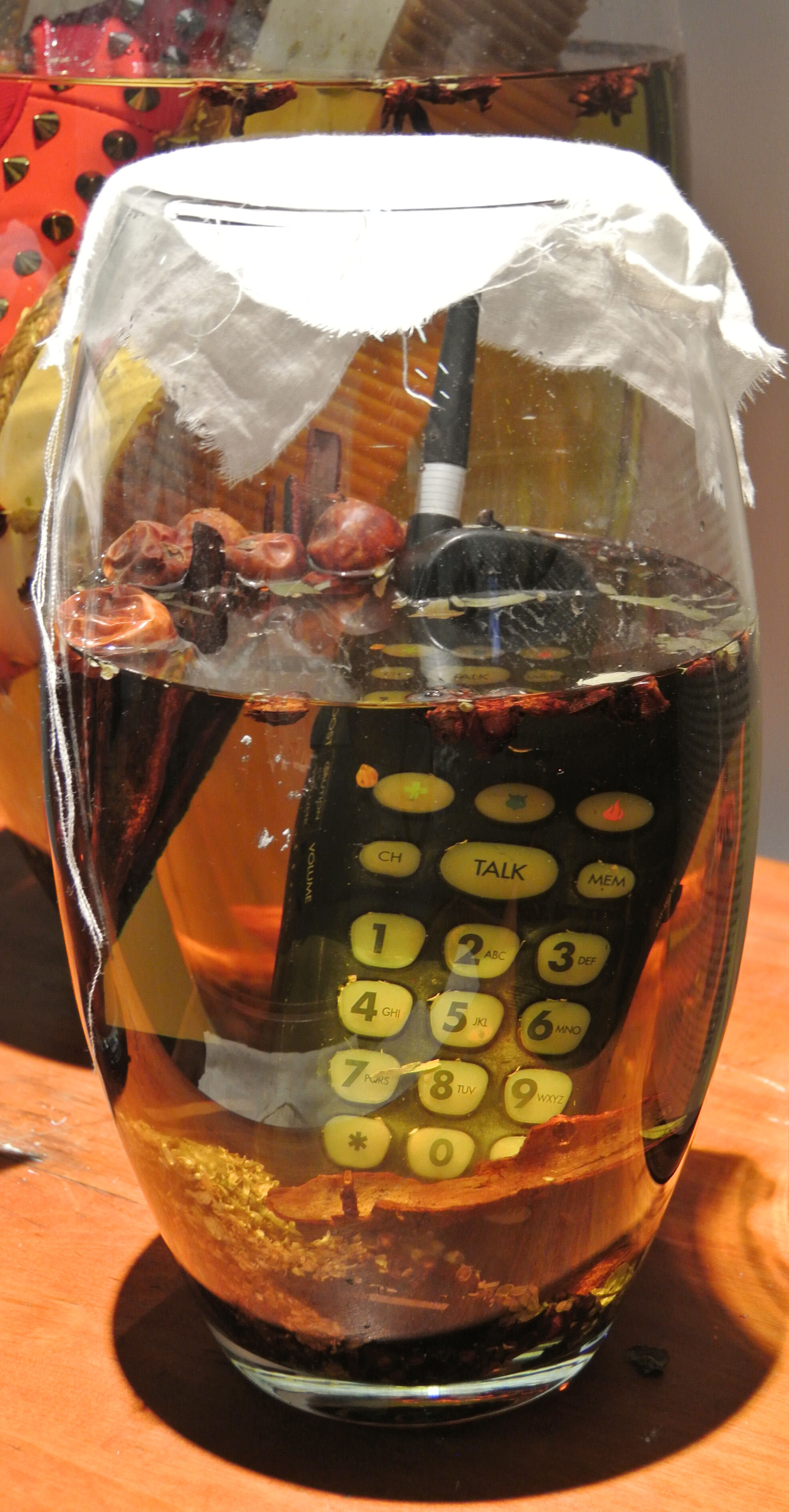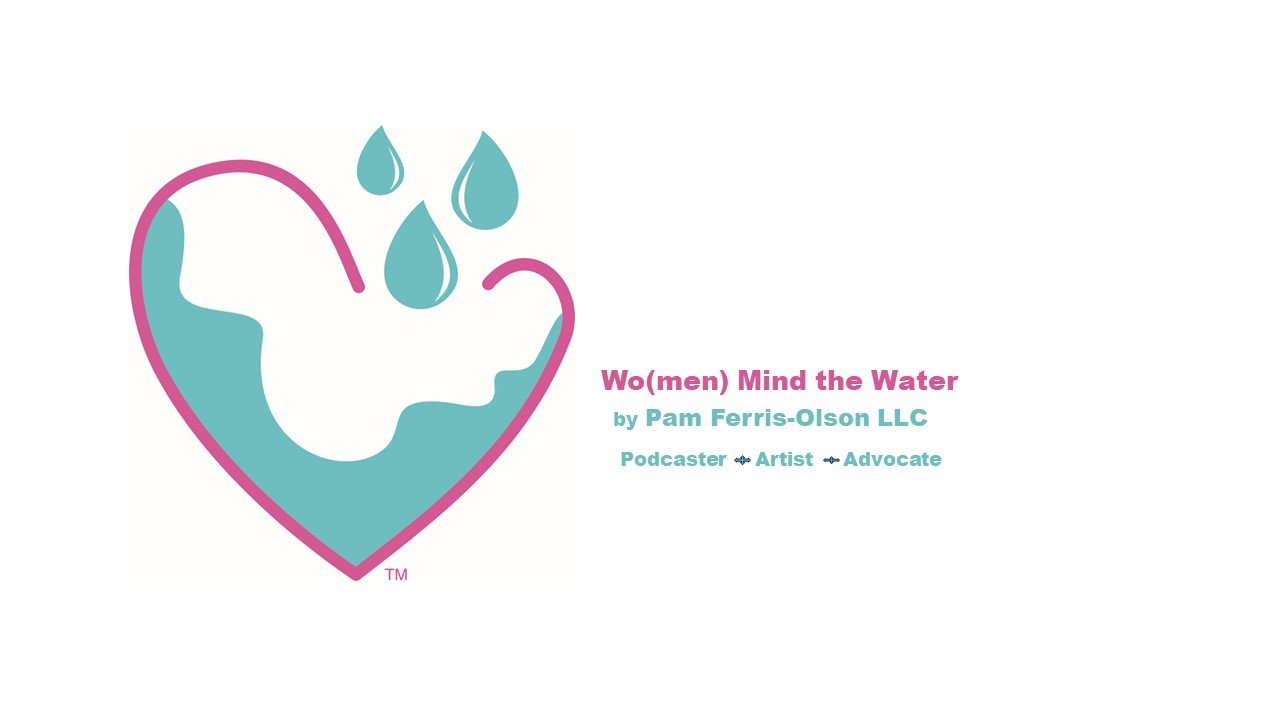
News and Updates
This section features stories that highlight how remarkable yet fragile the ocean is. It also speaks to the connection between humans and the ocean and our responsibility to protect it.
Stories, unless otherwise noted, are written by Pam Ferris-Olson, PhD. Pam has studied ocean creatures, worked in communication, and, as founder of Women Mind the Water, focuses on the relationship between humans and water. Her Wo(men) Mind the Water Artivist Series explores the work of artivists (artists +activists) and their impact in influencing change.
A worldwide shortage of sand
Our planets seems awash with sand with the stretches of sandy beaches along the coastlines and the vast expanses of inland deserts. Sand, however, is not an unlimited resource when a particular type of sand is used to make construction materials and required for the nourishment of beaches eroded by storms and wave action. Point of fact, coastal sand is in such high demand that it is second only to water as the most used natural resource in the world. Women Mind the Water posted A worldwide shortage of sand to explore this topic.
Women Mind the Water, An Update for August
Our next podcast will be our 50th! We are grateful to all our past guests for their participation. It’s funny to look back to those earliest podcast. I was so nervous. That has changed. I have mostly overcome my nerves. I look forward to talking our amazing guests. I feel extraordinarily lucky to have the chance to speak to people across the globe, involved in so many extraordinary practices.
Ghost gear- A marine problem with wide ranging impacts
Ghost gear is a global problem that is estimated to kill between 5-30 percent of harvestable fish stocks as well as incidentally harming or killing all manner of marine life including whales, seals and sea turtles. An estimated 600,000+ tons of fishing gear annually is lost as a result of inclement weather; entanglement with other gear, debris, underwater obstacles; or purposely discarded. The modern phenomenon of long-lived ghost gear remains a hazard for centuries because it is made of forever plastics. It impacts marine life, navigation, and fishing operations as well as the health and economic well-being of humans.





